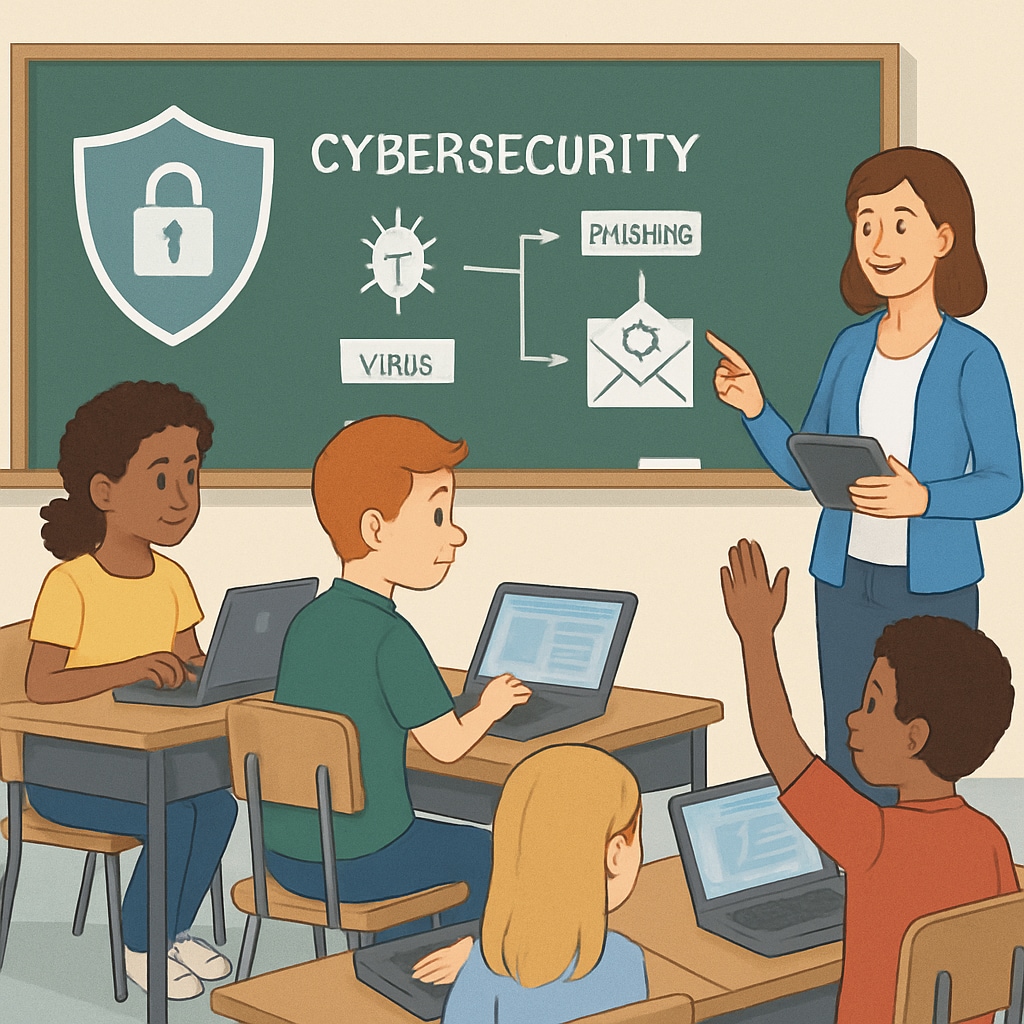When considering a career in cybersecurity, many aspiring professionals wonder how much university reputation influences their job prospects. Does attending a prestigious university automatically guarantee success? Or do employers prioritize other factors, such as skills, certifications, and real-world experience? In this article, we examine the role of university reputation in cybersecurity careers, analyze the criteria employers value most, and provide actionable advice for K12 students looking to cultivate their cybersecurity expertise.
Does University Prestige Really Matter in Cybersecurity?
University reputation often carries significant weight in many industries, but cybersecurity is unique. While some employers may favor candidates from renowned institutions, the highly skill-driven nature of cybersecurity means that technical abilities and hands-on experience often eclipse the importance of academic pedigree. According to a Britannica overview of cybersecurity, employers prioritize practical knowledge, problem-solving skills, and certifications such as CompTIA Security+, Certified Information Systems Security Professional (CISSP), and Certified Ethical Hacker (CEH).
For example, a hiring manager might value a candidate who has successfully mitigated real-world security threats or demonstrated strong ethical hacking capabilities over someone with a degree from an Ivy League university but limited practical exposure. This trend highlights the growing emphasis on performance and results in the cybersecurity job market.

The Key Factors Employers Value in Cybersecurity Professionals
Beyond university reputation, employers in the cybersecurity field focus on several key attributes. Here’s a breakdown of the most critical factors:
- Technical Skills: Proficiency in programming languages, encryption protocols, and network security frameworks.
- Certifications: Industry-recognized credentials like CISSP, CompTIA Security+, or CEH.
- Experience: Hands-on familiarity with penetration testing, incident response, and threat analysis.
- Problem-Solving: The ability to think critically and adapt to evolving cyber threats.
- Soft Skills: Communication, teamwork, and leadership capabilities.
As a result, candidates from less prestigious universities can still thrive if they possess these qualities. The cybersecurity industry values practical expertise far more than academic prestige.

How K12 Students Can Prepare for a Cybersecurity Career
For students at the K12 level, building a foundation in cybersecurity doesn’t require attending a top-ranked university. Instead, it involves developing relevant skills and gaining exposure to the field early. Here are some practical tips for K12 students:
- Explore Online Resources: Platforms like Wikipedia’s cybersecurity page and free courses on websites like Coursera and Khan Academy can offer foundational knowledge.
- Join Cybersecurity Clubs: Participating in school clubs or competitions, such as CyberPatriot, provides hands-on experience.
- Learn to Code: Programming languages like Python and Java are invaluable for understanding how systems operate and how to protect them.
- Earn Early Certifications: Entry-level certifications, such as CompTIA IT Fundamentals (ITF+), can provide a head start.
- Engage in Ethical Hacking: Using platforms like Hack The Box or TryHackMe allows students to practice penetration testing in a controlled environment.
By focusing on skill development rather than university prestige, K12 students can build a competitive edge that will serve them well in the cybersecurity job market.
Conclusion: Skills Over Prestige in Cybersecurity Careers
While university reputation can provide an initial boost, it is not the definitive factor in cybersecurity careers. Employers prioritize technical expertise, certifications, and hands-on experience over academic pedigree. For K12 students interested in cybersecurity, focusing on skill development, practical knowledge, and early exposure to the field will pave the way for success, regardless of the university they ultimately attend.
In the end, the cybersecurity industry offers opportunities for anyone willing to invest time and effort into mastering its complexities. Prestige may open doors, but skills and determination will keep them open.
Readability guidance: Use short, focused paragraphs and lists to summarize key points. Incorporate transition words like “however” and “for example” to improve flow. Limit passive voice usage and maintain concise sentence structures.


